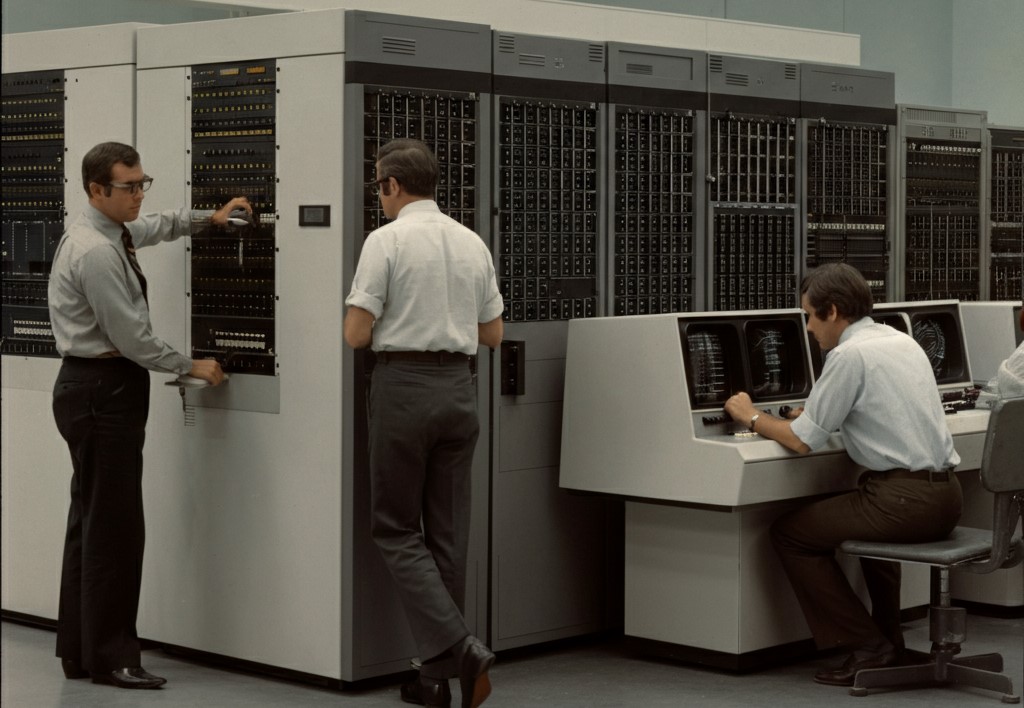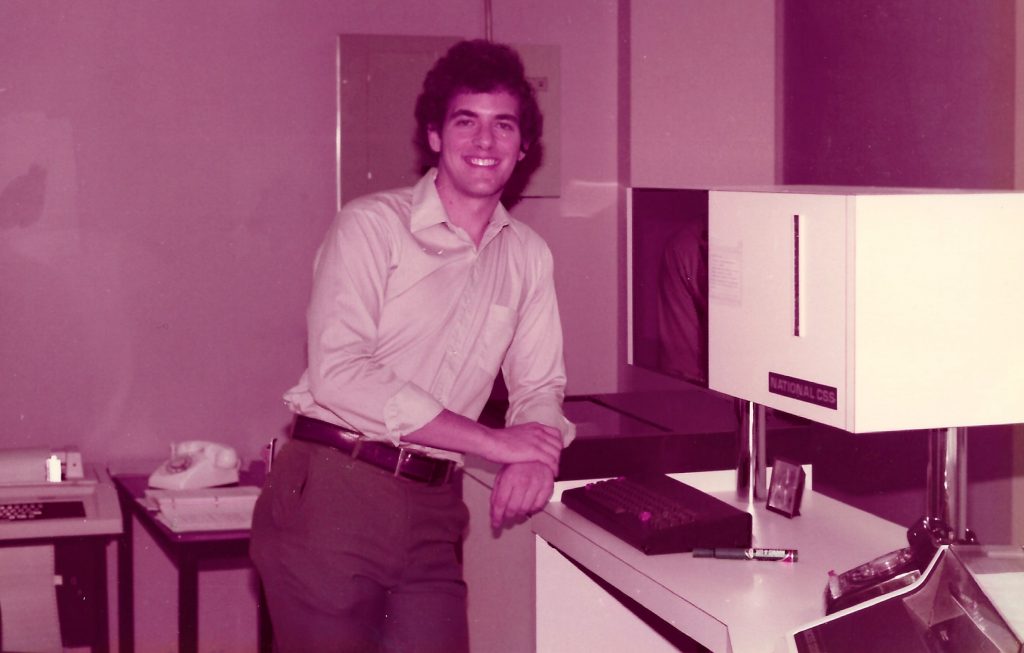We are witnessing interesting times with the introduction of new tariffs by the US. Naturally, these measures are likely to provoke retaliation from the affected countries. The current administration has expressed interest in adopting a similar approach to that of President McKinley, who in the late 1800s and early 1900s used tariffs as a means to grow federal revenue. McKinley even referred to himself as the “tariff president.”
The context during the Second Industrial Revolution was vastly different from today. At the time, the United States was undergoing rapid economic expansion, building industries from scratch. Many of these industries operated independently, as the interconnected global economy we now know hadn’t yet emerged.
Fast forward to today, and we see a much more interconnected global economy, with supply chains spanning across multiple countries. The introduction of tariffs not only affects the targeted country but also has ripple effects on businesses and consumers around the world. In fact, many argue that imposing tariffs can ultimately hurt one’s own economy.
Tariffs as a Hammer
One proposed strategy to revitalize domestic manufacturing is to impose higher costs on goods imported into the U.S., incentivizing businesses to relocate production back home. Take semiconductors as an example: U.S. companies heavily depend on semiconductors produced abroad, as well as raw materials essential for manufacturing processes. By introducing tariffs on these imports, companies might choose to establish operations in the U.S. to avoid the added expense.
This raises an important question: Are tariffs still an effective tool in today’s globalized economy, or do they cause more harm than good? Many economists argue that tariffs are an outdated strategy, poorly suited for fostering international relationships and largely ineffective in a modern economic landscape. In fact, many experts believe that tariffs hinder economic growth by increasing the cost of goods for consumers and businesses alike.
Benefits of Tariffs
However, there are also arguments in support of using tariffs as a means to protect domestic industries and promote fair trade practices. Some argue that without tariffs, countries with lower labor and production costs can unfairly undercut domestic producers, leading to job losses and potential harm to the economy. Tariffs can also be used strategically as a negotiating tool to address trade imbalances and other issues.
Tariffs, like any economic policy, come with both advantages and disadvantages. Policymakers must carefully assess their potential consequences before implementing such measures. In today’s interconnected global economy, it’s equally important to consider their ripple effects on other nations and their industries.
Industries That Could Benefit from Tariffs
- Agriculture: Tariffs can shield domestic farmers from being undercut by cheaper imports, preserving their livelihoods and fostering local agricultural growth.
- Steel and Aluminum: These industries have suffered from intense foreign competition, resulting in job losses and plant closures. Tariffs could encourage domestic investment and help revitalize these sectors.
- Textiles: Similar to steel and aluminum, tariffs can support the struggling domestic textile industry, safeguarding jobs and promoting a resurgence in local manufacturing.
- Automotive: Globalization has driven many automakers to move production overseas, leading to significant job losses in the U.S. Tariffs could incentivize companies to invest in domestic manufacturing, creating more jobs for American workers.
Industries That Could Be Harmed by Tariffs
- Retail: Tariffs on imports could raise prices for consumers, dampening demand and potentially leading to job losses in the retail sector.
- Technology: Many tech companies depend on global supply chains to source materials and components. Tariffs could increase production costs, which may translate to higher prices for consumers and potentially stifle innovation.
- Tourism: Retaliatory trade barriers imposed by other countries could make it more expensive for Americans to travel abroad, negatively impacting the tourism sector and related industries.
- Construction: Key materials like lumber, steel, and aluminum are vital for construction projects. Tariffs on these materials could drive up building costs, affecting both residential and infrastructure development.
The Wider Implications of a Tariff War
A tariff war poses significant risks, particularly for industries like consulting. During an economic slowdown, businesses often prioritize essential operations, cutting back on non-critical services. This shift in spending can heavily impact external service providers, such as consultants, who are typically among the first to feel the effects of tightened budgets.
Moreover, could there be a lasting impact on the overall economic growth of the United States? If global trade is disrupted, this could lead to a slowdown in the economy and decreased consumer spending. This would have a ripple effect on various industries, potentially leading to job losses and even a recession.
While tariffs may provide some short-term benefits for certain industries, it’s important for policymakers to carefully consider the potential long-term consequences. In today’s interconnected world, every decision made by one country can have a significant impact on others. Collaboration and open communication are vital in finding fair and sustainable solutions that benefit all parties involved. Ultimately, it is crucial for governments to strike a balance between protecting domestic industries and maintaining healthy international relationships.
The Role of Innovation
In today’s fast-paced world, innovation plays a crucial role in ensuring economic growth and competitiveness. Tariffs may provide temporary relief for certain industries, but they do not address fundamental issues such as lack of innovation or outdated business models. Instead, governments should focus on investing in research and development, promoting entrepreneurship, and fostering a culture of innovation. This not only creates new opportunities for growth but also helps industries adapt and thrive in an ever-changing global market. Rather than relying on protectionist measures, countries should encourage and support their own industries to embrace change and stay ahead of the curve.
Conclusion
In conclusion, while tariffs have historically served as a tool to generate revenue and protect domestic industries, their relevance and effectiveness in today’s globalized economy remain the subject of significant debate. Policymakers must thoroughly assess all factors before resorting to such measures, carefully weighing the potential consequences on both domestic markets and international relationships.
As the world becomes increasingly interconnected, collaboration among nations is more critical than ever. Rather than relying on protectionist measures like tariffs, countries should prioritize finding mutually beneficial solutions that balance the need to protect domestic industries with the importance of fostering fair trade practices. Striking this balance should be a top priority for policymakers navigating the complexities of the modern global economy.
By working together toward shared goals, we can pave the way for progress and build a more equitable global economy—one that benefits all parties involved and supports a sustainable future.
Click here for a post on understanding the economic baseline.









